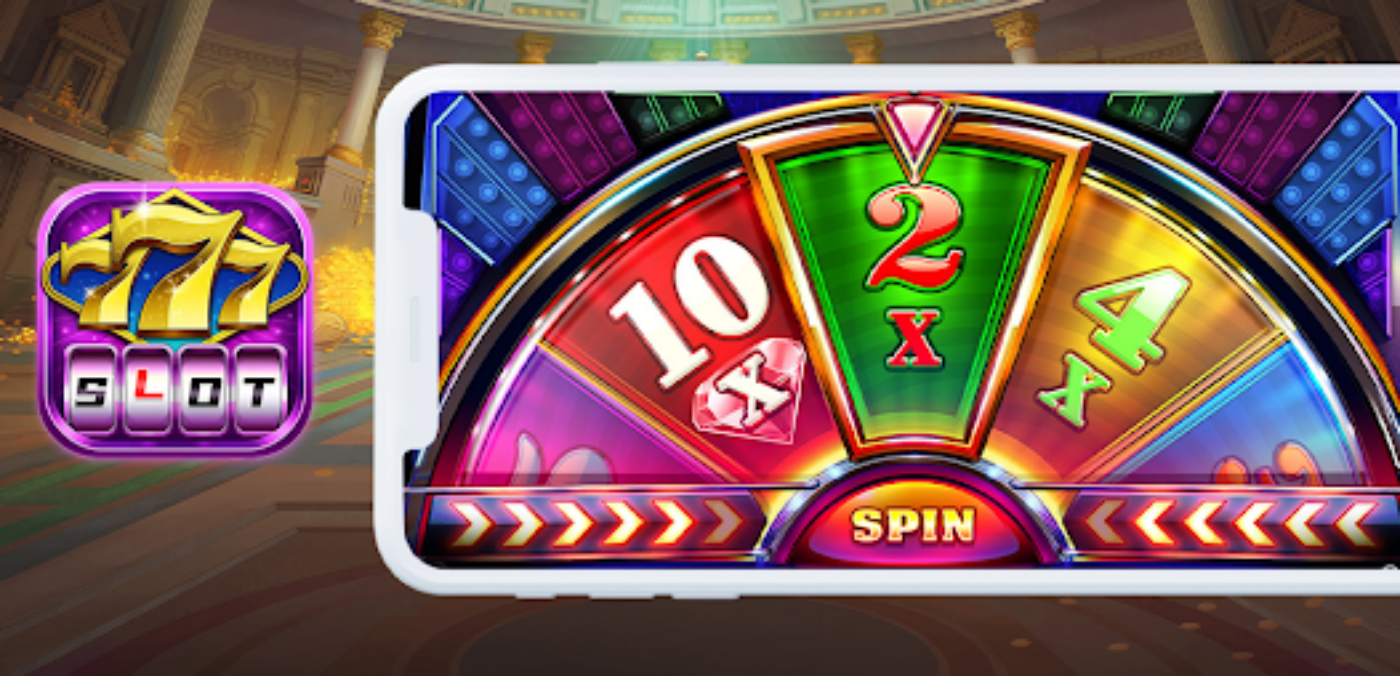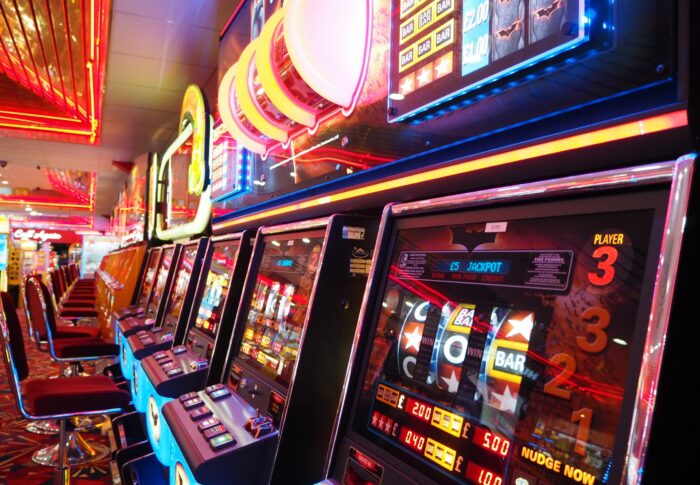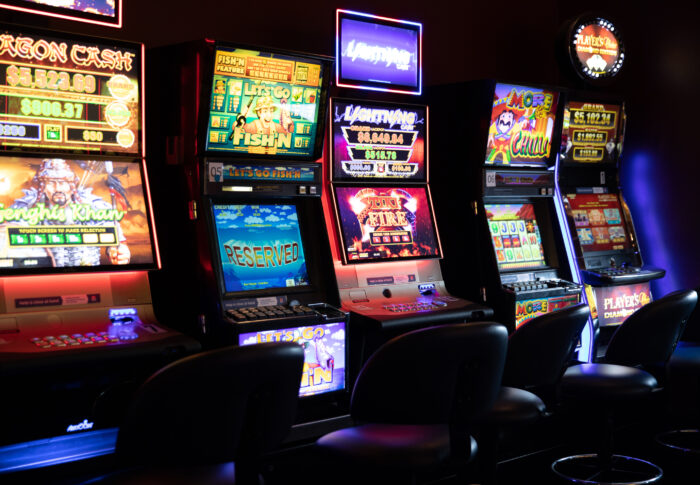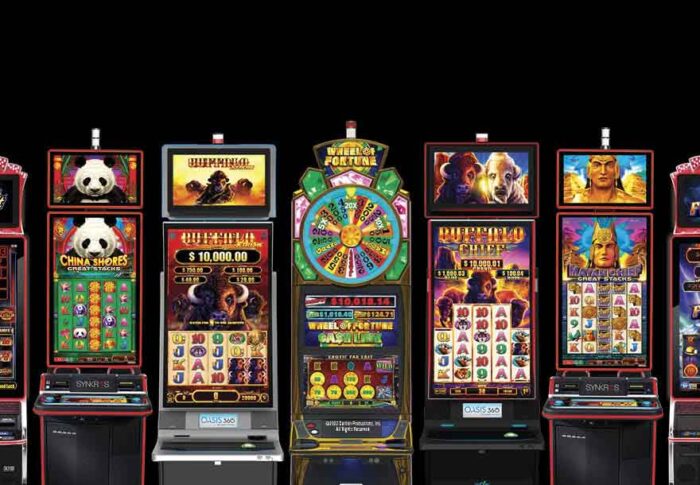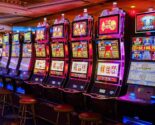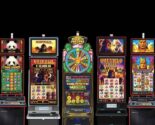
Tales of Luck and Strategy: The Intriguing Psychology Behind Slot Machines
In the mazelike realm of house gaming, place machines stand as captivating sentinels, beckoning performers with promises of wealth and excitement. But further the spinning reels and flickering lights lies a fascinating realm of therapy that intertwines chance, strategy, and the human personality. In this article, we investigate the intriguing psychology behind opening machines, exploring by virtue of what they tap into our deepest despairs and weave fictions of chance and strategy.
The Allure of Luck: A Dance with Uncertainty
At the center of slot machines lies the idea of luck – the changeable force that guides the outcomes of each spin. The allure of luck is a universal draw, attracting players as they begin undertaking a dance accompanying uncertainty. The forethought that builds with each spin is a psychological thrill, a turbulence of emotions that mirrors the human knowledge of life’s changeable journey.
Anticipation and Dopamine: The Neurological High
The psychology of place machines is closely connected to the brain’s reward system. As performers watch the reels spin, anticipation builds, causing the release of dopamine – a neurotransmitter associated with delight and reward. This neurological answer creates a sensation of elation, turning all spin into an exhilarating knowledge, regardless of the consequence.
Near Misses: Teasing the Brain
Slot machines often employ a ingenious tactic famous as “near misses” to intensify player date. A near miss occurs when the characters on the reels align just lacking a winning consolidation. These near misses produce a sense of almost-winning, mobilizing the brain’s reward center and intensifying the desire in the second place playing. The attitude behind near misses alters these moments into tantalizing teases that hold players desire the game.
The Illusion of Control: Strategic Engagement
While luck is an proven component of slot play, the therapy of control plays a significant role in performer engagement. Many new slot machines combine strategic aspects, such as dividend rounds and interactive features, that form players feel as if they’re doing the outcome. This delusion of control fosters a sense of authorization, appealing to the human desire for agency and administrative.
Loss Aversion and the Gamblers Fallacy: The Emotional Tug-of-War
The psychology of place machines often taps into intelligent biases such as misfortune aversion and the gambler’s misconception. Loss aversion refers to the shift to feel losses wildly than gains, leading performers to chase losses in the hopes of recovering their bets. The gamester’s fallacy, in another way, is the belief that past consequences influence future ones – a opinion that contradicts the randomness of the entertainment.

Social Proof: The Influence of Surroundings
The presence of different players and the air of the casino influence the psychology of slot play. Social authentication – the tendency to trail the actions of remainder of something – influences player attitude. Seeing fellow performers celebrate wins or engage in lengthened play can influence your own decisions and enhance a sense of camaraderie.
The Psychology of Themes: Emotional Connection
The ideas and narratives entrenched in slot machines tap into the psychology of concern and nostalgia. Whether it’s surveying ancient civilizations, journeying adventurous explorations, or reliving pop culture importance, these themes design an emotional network between performers and the game. Themes resonate with individual experiences and imagination, enriching the wager experience and expanding player engagement.
Sensory Overload: Immersion in the Experience
The neural elements of opening machines – the flashing lights, alive colors, and sound belongings – contribute to the psychology of absorption. These sensory provocation enhance the moving experience, founding an environment place players become adequately absorbed in the game. The interaction of visual and hearing cues produce an atmosphere of excitement that enchants the senses.
Conclusion: Where Psychology Meets Play
The psychology behind place machines intertwines chance, strategy, and sympathy, creating a symphony of perceptions that captivate performers at every spin. The allure of chance, the thrill of anticipation, and the delusion of control blend with cognitive biases and neural stimuli to art an experience that surpasses mere gameplay. As you interconnect with the world of opening machines, remember that each spin is a narrative of therapy and chance, where stories of luck and approach unfold in the theatre of the mind.
